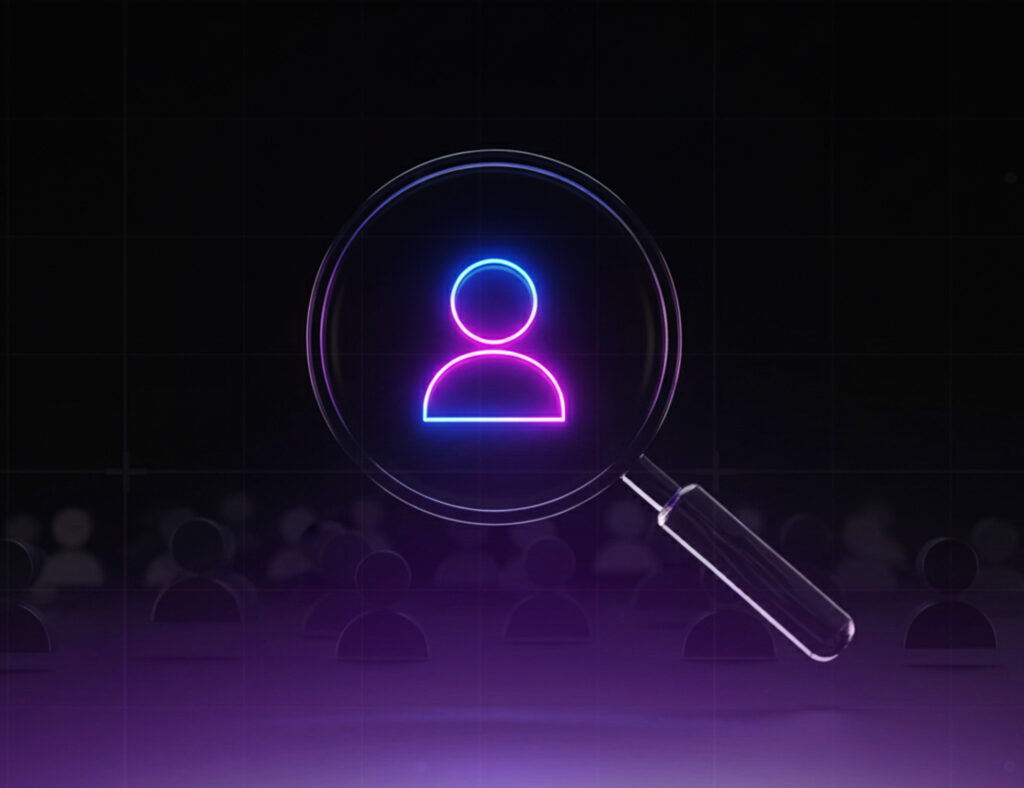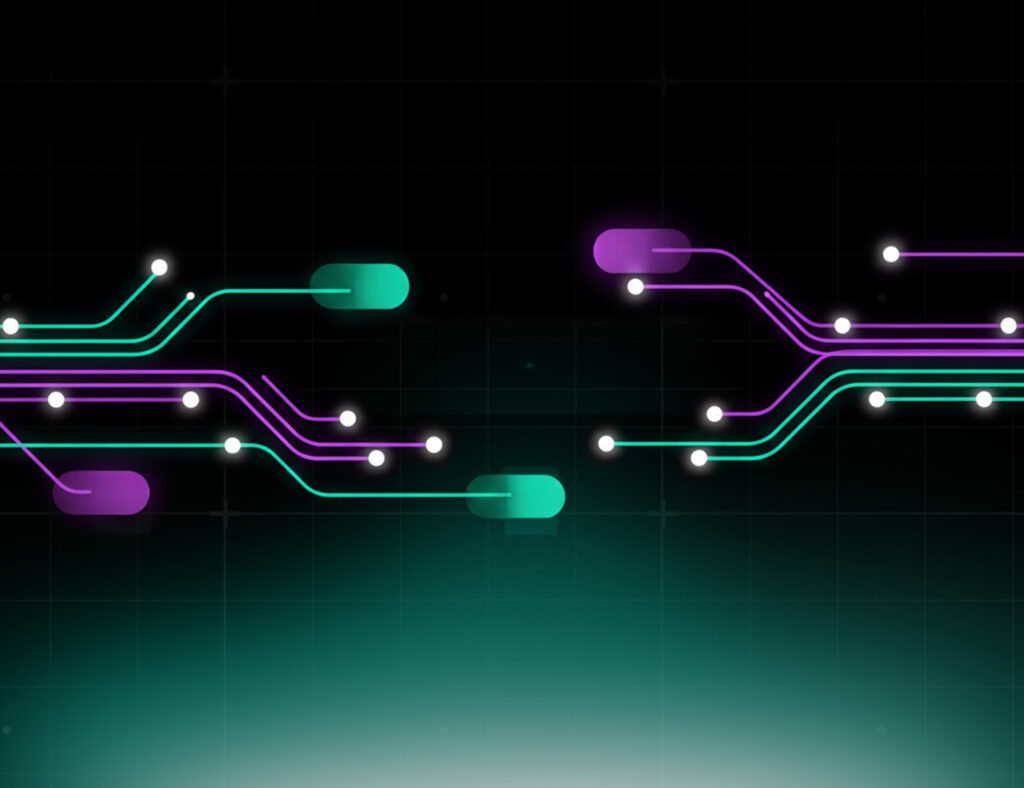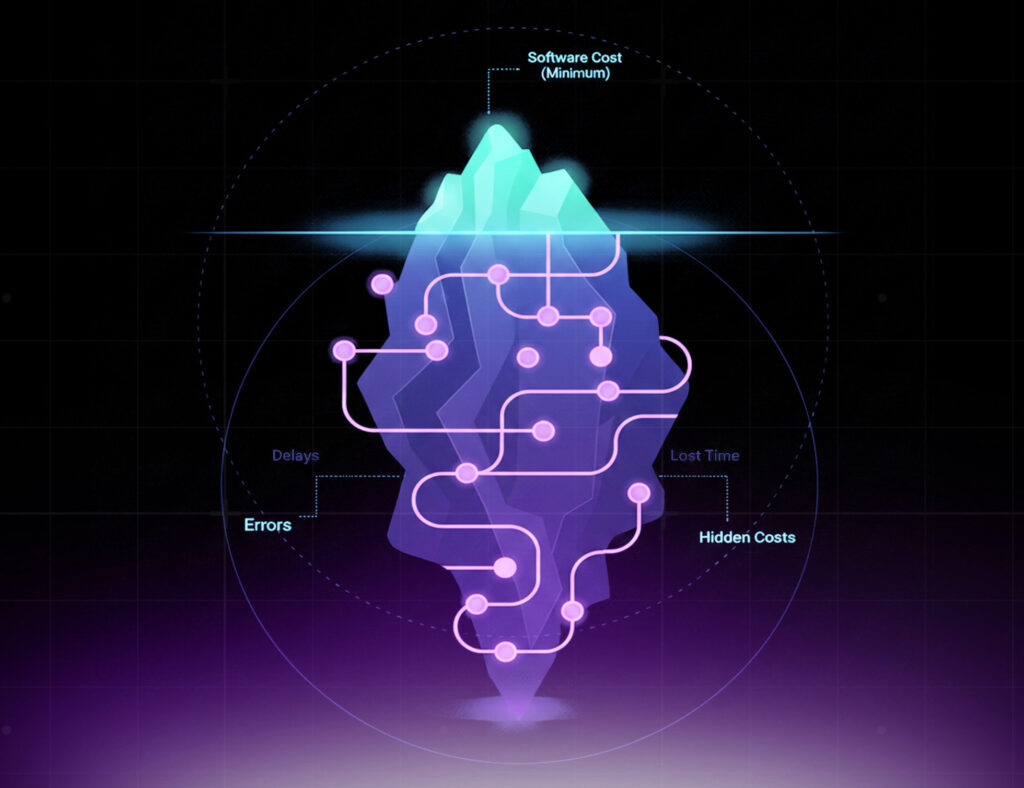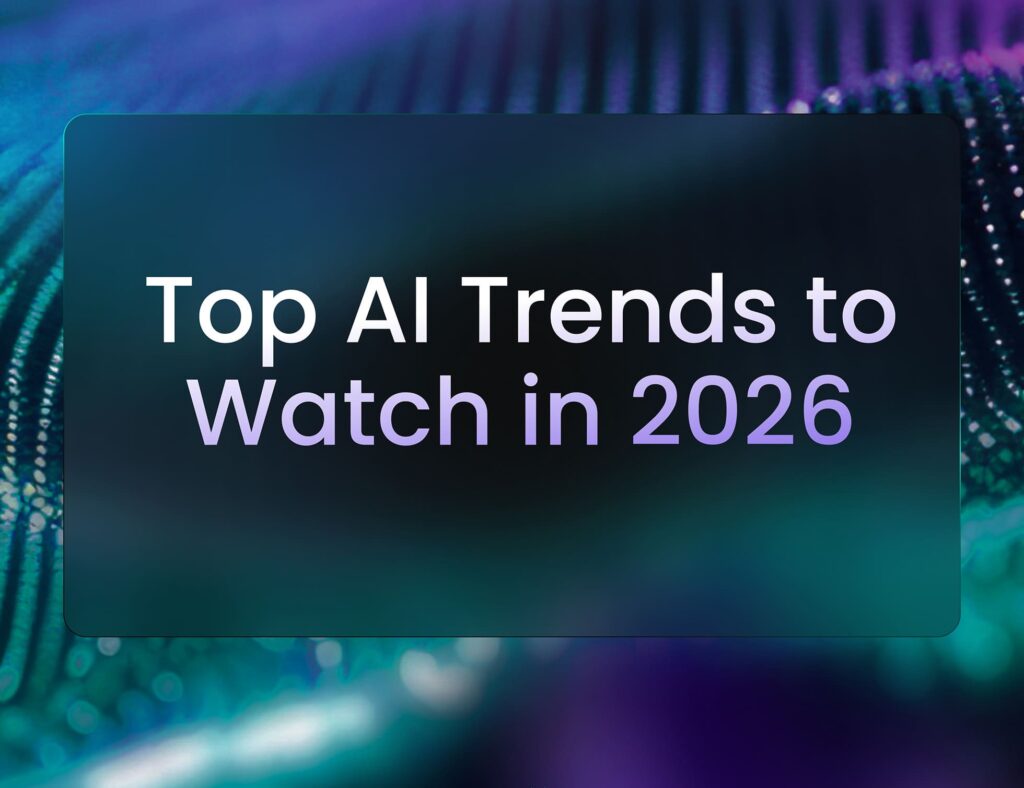The world of work is changing faster than ever before. What used to be a department focused on hiring and payroll has now become a data-driven, strategic function that shapes company culture and performance. This shift is being powered by one thing above all: technology.
The AI in HR evolution is redefining how organizations attract, develop, and retain talent. From automating repetitive tasks to providing deep insights about people, artificial intelligence and digital tools are helping HR professionals focus less on paperwork and more on people.
From Paperwork to Strategy: The Journey of HR
Human Resources has come a long way. Decades ago, HR meant piles of forms, manual payroll, and administrative control. Then came the rise of HR Information Systems (HRIS), moving processes online.
Today, we’re witnessing the next leap, the integration of artificial intelligence into every stage of the employee lifecycle.
This transformation, often described as the AI in HR evolution, isn’t just about upgrading software. It’s about shifting the entire role of HR from reactive to proactive. HR leaders now rely on real-time analytics, predictive models, and AI-powered insights to guide business decisions.
The department once known for managing people is now helping shape the future of work.
Key Technology Trends Shaping HR Today
The digital HR transformation is being driven by several key trends that combine AI, automation, and analytics. These trends are setting the pace for HR technology trends 2025 and beyond.
1. Intelligent Automation and Artificial Intelligence
Automation has been part of HR for years — think payroll or attendance systems — but AI takes it further.
Chatbots handle common employee questions, AI platforms screen candidates faster, and algorithms match skills with roles.
These HR automation and artificial intelligence tools don’t replace HR professionals; they enhance their capacity to make smarter, faster decisions.
2. Predictive Analytics for Smarter Planning
Predictive analytics in HR is changing workforce management. By analyzing past performance, engagement, and turnover data, AI can predict who might be at risk of leaving or when a team may become overloaded.
This level of insight allows HR teams to act early — reducing turnover and improving engagement. It’s one of the most impactful aspects of the digital HR transformation with AI.
3. Personalized Employee Experience
Modern employees expect personalization, just like in consumer apps.
AI now helps HR design tailored career paths, training plans, and engagement programs.
By analyzing preferences and performance, technology helps create an employee experience and HR tech model that feels both human and scalable.
4. Data-Driven Diversity and Inclusion
AI is helping HR detect bias and build more inclusive processes. From blind resume screening to equitable performance reviews, technology supports fairer decision-making — a critical evolution in the ethical use of AI in the workplace.
What “AI in HR Evolution” Means for Talent and Workforce Management
As companies adopt AI tools for HR management, their approach to talent is evolving too.
Recruitment is faster and more precise thanks to AI tools for HR management that evaluate resumes based on skills, not keywords.
AI can suggest candidates who might not fit traditional profiles but have the potential to grow.
In learning and development, adaptive learning platforms use data to customize courses, pacing, and methods for each employee.
This new wave of talent management and AI in HR is creating personalized career experiences while saving managers valuable time.
Workforce planning has also changed. Predictive models help HR forecast future needs based on growth trends, skill gaps, and economic data. It’s not just about filling positions anymore; it’s about building teams ready for what’s next.
Challenges and Ethical Considerations
The benefits of AI in HR are clear — but so are the challenges.
Algorithms are only as fair as the data they’re trained on. If the historical data includes bias, the results can reproduce it at scale.
Privacy is another concern. Employee data must be handled responsibly, with transparency about how it’s used and stored.
There’s also the human side: employees may worry about automation replacing their roles or monitoring their work too closely.
The future of HR with technology depends on building trust. Successful HR leaders combine AI tools with empathy, ensuring that digital transformation doesn’t come at the cost of authenticity.
Preparing Your HR Function for the Next Phase
The next chapter of AI in HR evolution requires strategy, not just technology adoption.
Here are five practical steps companies can take to prepare:
- Audit your current processes
Identify repetitive, time-consuming tasks that could be automated. Start small — such as recruitment scheduling or survey analysis — before scaling. - Train your HR team
Invest in digital literacy. When HR professionals understand how AI works, they can manage it ethically and effectively. - Prioritize human impact
Every new tool should free people’s time for higher-value work, like coaching, culture, or strategic planning. - Measure outcomes beyond efficiency
Don’t just track time saved. Measure employee satisfaction, retention, and engagement to evaluate success. - Stay ahead of the curve
Keep an eye on HR technology trends 2025 and emerging platforms that integrate predictive analytics, employee sentiment tracking, and generative AI.
Adopting AI is no longer a question of “if” but “how.” The companies that succeed will be those that align technology with human purpose.
The Human Side of Digital Transformation
It’s easy to talk about automation, analytics, and algorithms — but HR’s essence has always been people. The real power of AI lies in enabling HR teams to bring back that human focus.
With AI handling administrative noise, HR professionals can spend more time on coaching, mentoring, and listening. That’s the irony of the AI in HR evolution — the more digital HR becomes, the more human it can be.
Technology helps identify burnout risks before they happen, connects employees to growth opportunities, and builds workplaces where everyone can thrive.
A Smarter, More Human Future
The evolution of HR is not about replacing people with machines; it’s about empowering people with better tools. AI is helping HR teams make data-driven decisions while keeping empathy at the core of their work.
At Kenility, we help organizations build that future — where innovation and empathy grow together. If you’re ready to transform how your teams work, get in touch with us






